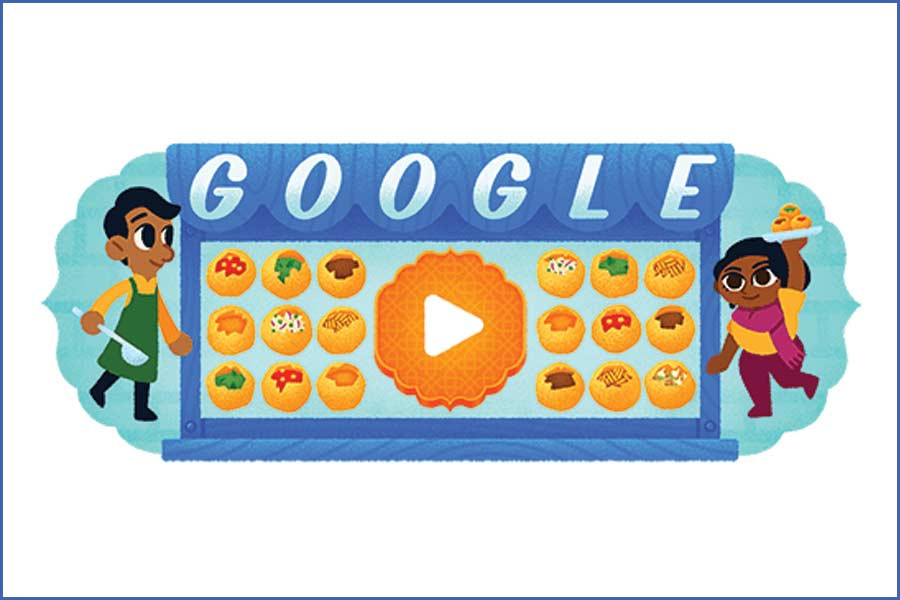The Financial Gap: A Persistent Challenge
Credit unions, known for their commitment to providing accessible and affordable financial services, have been at the forefront of financial inclusion. Despite these efforts, many individuals still struggle to access mainstream financial services, facing obstacles that hinder their financial well-being.
Why People Don't Use Banking Services
According to Forbes, a primary reason people shy away from banking services is the inability to meet minimum balance requirements. This challenge is often intertwined with other factors that further restrict access to traditional financial services. These include:
- Lack of access to physical branches: Many individuals reside in areas with limited access to bank branches, making it inconvenient to open and maintain accounts.
- Lack of financial literacy: Limited financial knowledge can make it difficult for individuals to navigate complex banking systems and understand financial products.
- Negative past experiences: Some individuals may have had negative experiences with traditional banks, leading to distrust and reluctance to engage with them.
- Fear of fees: High fees associated with traditional banking services can deter individuals from seeking their services.
Prepaid Cards: A Bridge to Financial Inclusion
Prepaid cards offer a potential solution to many of these challenges, acting as a powerful tool for empowering the unbanked and underbanked. Prepaid cards offer a variety of benefits:
- No minimum balance requirements: Prepaid cards eliminate the need for a minimum balance, allowing individuals to start using them immediately without financial barriers.
- Convenience and accessibility: Prepaid cards can be used for various purposes, including bill payments, online shopping, and cash withdrawals. They are also widely accepted at merchants and ATMs, offering convenience and accessibility.
- Financial control and security: Prepaid cards allow users to control their spending and manage their finances effectively. They are also secure, with features like fraud protection and lost/stolen card replacement.
- Building credit history: Some prepaid cards offer the option to build credit history, which can be beneficial for individuals who need to access credit in the future.
- Flexibility: Prepaid cards offer flexibility in terms of how users load funds, allowing for customized spending limits and managing finances based on individual needs.
The Power of Prepaid Cards: More Than Just Payment
While prepaid cards offer practical benefits, their impact can be amplified through outreach initiatives designed to enhance awareness of how these cards can be used for financial wellness. By providing education and support, credit unions can empower individuals to make informed decisions about their financial well-being.
Fostering Financial Inclusion: A Collaborative Effort
Prepaid cards are a valuable tool for serving the underserved and unbanked, equipping them to navigate an increasingly digital economy. When combined with targeted outreach efforts, prepaid cards can play a crucial role in advancing economic prosperity for everyone in the community. By understanding the challenges faced by the unbanked and underbanked, and leveraging the power of prepaid cards and outreach initiatives, credit unions can contribute significantly to building a more inclusive and equitable financial system.
Embracing Innovation: The Future of Financial Inclusion
Credit unions are constantly seeking innovative solutions to address the needs of their members. Prepaid cards offer a promising approach to bridging the financial gap, empowering individuals to participate fully in the economy. By collaborating with partners, utilizing technology, and fostering a culture of financial education, credit unions can continue to play a vital role in promoting financial inclusion and empowering individuals to reach their full financial potential.

















